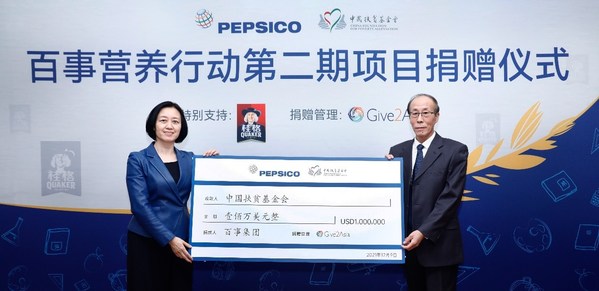- In the new episode of ABB Decoded, Northvolt founder and CEO Peter Carlsson tells how Northvolt aims to revolutionize global battery manufacture, from a European base
- Carlsson identifies custom battery and energy-storage solutions as being significant areas of opportunity
- Sustainability and circular economic relationships with customers identified as vital for long-term success
The latest episode of ABB’s technology-focused podcast features Peter Carlsson, founder and CEO of Northvolt, an ambitious European battery manufacturing start-up founded on principles of sustainability and zero-carbon energy storage solutions.
Pre-Northvolt, Carlsson was a key member of the leadership team that oversaw the transition of Tesla from start-up to disruptor of the global automobile industry. He also worked in executive positions for Sony Ericsson.
Both roles, he says, have informed his vision to make Sweden-headquartered Northvolt a challenger to the Asia-dominated battery manufacturing market, while guiding his belief that a large-scale green battery maker is essential to meet the spiralling demands of the global automobile industry, as it transitions to the production of battery-electric vehicles from those powered by internal-combustion engines.
ABB became Northvolt’s first partner in 2017, when Northvolt chose ABB’s Plant Optimization Methodology to help fast-track project execution with integrated electrification, instrumentation, control and digitalization (EICD) solutions to enable efficient start-up and operations.
Tackling the challenge of global warming
Northvolt’s Ett factory is 100 per cent powered by locally sourced renewable energy and by 2030 it aims to have 50 percent of new battery content recycled from used batteries.
Said Carlsson: “What is unique with the company is that we are very clearly aimed to build the world's greenest battery and to take the carbon footprint of our products as close to zero as possible. The reason why we started the company is we’re really trying to solve a big problem and that is the global problem of global warming, and the increasing amount of carbons in the atmosphere. So really driving products that are as carbon-neutral as possible became a really big mission.”
Customization and customer relationships key to success
Carlsson’s wide industry experience has convinced him that meeting the needs of customers offers a new direction – and presents new opportunities – for battery manufacturing.
“Five years ago, most customers were seeing batteries as kind of a commodity. You would buy standardized formats, so it was pretty much a similar type of product for everyone, and you'd build the electrification upon it. Today, as big car companies are transforming into fully electric manufacturing, you’re starting to see their aspirations on brand and product performance being moved into electrification. The ability to co-develop with our customers so that they could set the optimal chemical systems towards their needs is a big addition to our sustainability focus.”
Opportunities offered by common European vision
In 2017 the European Battery Alliance was launched with the aim of creating a complete domestic battery value chain, to foster a cost-competitive clean energy transition. “One of the challenges in Europe,” said Carlsson, “is that you need to create a core base of competence. There is basic research in Europe around batteries that is really good. But this industry has evolved. It started in Japan, moved to Korea, and then it really scaled in China. So a lot of the competence and skills have been developed there. But there is a strong sense in Europe that we need to do it and a strong commitment to the Paris Treaty. Also a very strong understanding of: ‘Let's do it, and let's do it right’.
Experience offers reassurance
“The thing that I felt very strongly during the years of Tesla and that I feel very strongly right now, was, yes, there are a lot of obstacles, but fundamentally what we’re doing and the way we’re doing it is absolutely right. This is the way a battery company, an energy storage company, should be built. And that gives me kind of a strong reassurance that if we just get our execution, and we’re solving our bottlenecks, there is an ocean of opportunities for us to become a leader in this field.”
ABB Decoded is ABB’s group podcast series, covering all aspects of ABB’s global technology business. Find out more and discover past episodes at this link.
ABB is a technology leader in electrification and automation, enabling a more sustainable and resource-efficient future. The company’s solutions connect engineering know-how and software to optimize how things are manufactured, moved, powered and operated. Building on more than 130 years of excellence, ABB’s ~105,000 employees are committed to driving innovations that accelerate industrial transformation. www.abb.com





 最新资讯
最新资讯
 鄂ICP备2022017323号
鄂ICP备2022017323号
 鄂公网安备 42018502006386
鄂公网安备 42018502006386

 发布展会
发布展会
 发布资讯
发布资讯



 你可能喜欢的主页
你可能喜欢的主页




 今日话题
今日话题


















